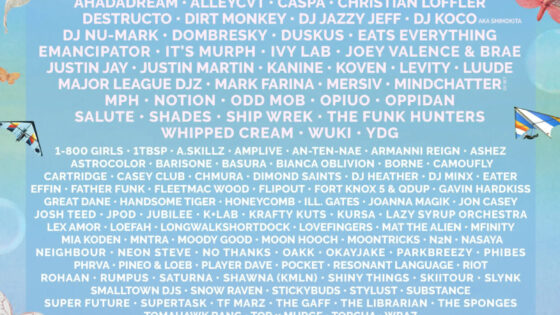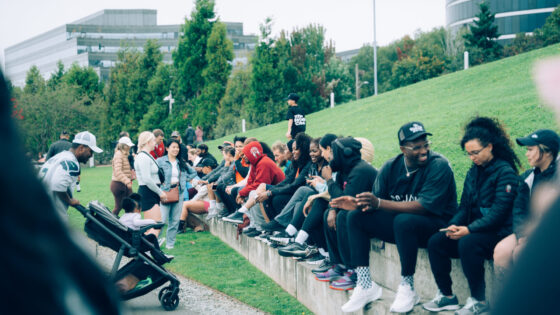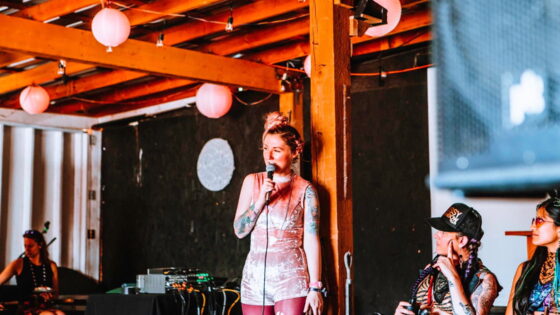The Home Office of the United Kingdom says it will not impede drug testing at music festivals or clubs. The Independent reports this comes after the calls of many experts and activists to provide drug testing. After eleven deaths at music festivals in the past year and two deaths at Hampshire’s Mutiny Festival, some call the services necessary.
The Loop, a not for profit community organization in the U.K., is currently the only organization providing these services. A limited amount of music festivals and nightclubs offer drug testing services through them. Nick Hurd, Policing Minister of the Home Office, says it’s an “operating decision” they will not stand in the way of.
Hurd also claims local chief constables in various counties like Avon, Somerset, Hampshire, and Cumbria confirm they wish to cooperate with this. After having spoken personally with some police constables, he says this is very clearly “the right thing to do. . .”
The debate was brought to the House of Commons last week by Labour MP Thangam Debbonaire. She claims that “giving everyone clear information about the substances they intend to consume helps reduce risk and prevent harm.”
I am pleased that today I persuaded the Government Minister to confirm that drug safety testing is permissible in law and to make sure police forces know this. Will help protect many people, remove dangerous substances and prevent much harm. #TimetoTest #gooddayatwork
— Thangam Debbonaire (@ThangamMP) July 6, 2018
Where do we stand with drug testing in North America?
While the U.K. is allowing drug testing for events, the attitudes are much different in the U.S. A 2003 law exists called the Illicit Drug Anti-Proliferation Act, known among the music community as the “RAVE Act.” The law prohibits any space from knowingly handling or promoting drug use.
Those found guilty of violating it see penalties “of $250,000 or twice the gross receipts derived from each violation.” Such a tremendous liability issue means that harm reduction services like drug testing are effectively illegal. There exists a campaign to amend the RAVE Act in hopes of providing better harm reduction opportunities in America.
Meanwhile in Canada, there exists no such law preventing drug testing services. The Controlled Drugs and Substances Act makes it illegal to possess, traffic, export, or produce a variety of substances. Further, drugs are classified into different schedules with harsher penalties depending on the classification.
Shambhala Music Festival is noteworthy for working with a local harm reduction service, ANKORS, to provide drug testing. With 15,000 staff, volunteers, and guests each year, they work with local governance to provide harm reduction, seeing safety increase as a result.
What do you think? Should the U.S. change it’s laws to allow drug testing at music events? Let us know in the comments!
Important things happen in Pacific Northwest nightlife, and DMNW will send you alerts!









































